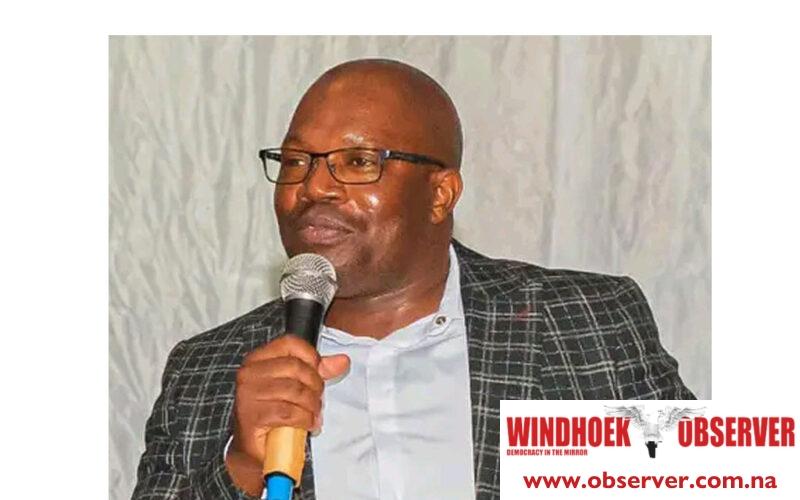Martin Endjala
The Namibia Water Corporation (NamWater) has been criticised for not consulting the leadership of the Kavango East and Kavango West regions on the planned N$7 billion Kavango link project.
The project is viewed as a long-term solution to address water scarcity in the country’s central regions.
The Namibian Cabinet on 27 February gave the green light for the project to go ahead.
The Rundu rural constituency councillor, Paulus Mbangu, told the Windhoek Observer this week that NamWater’s move to launch a project that will see the Kavango River provide water to the central parts of Namibia is utterly arrogant.
“NamWater’s audacity to make such plans without consulting the leadership of this region is arrogance and disrespect of the highest order. Kavango East has leadership, but we were not consulted. They are already failing to provide water to many parts of Kavango despite the region having been blessed with a river, but only now do they realise they can use the river to supply the central region and not the inhabitants of Kavango. What is that? This is pure arrogance on their part,” said Mbangu.
Mbangu further questioned why NamWater found it so difficult to install pipelines in the river to supply residents with water, a move that, in his opinion, could have prevented many residents from becoming victims of crocodile attacks.
NamWater’s chief strategy and corporate affairs officer, Kadiva Hamutumwa, said the company is in the process of conducting a feasibility study.
“As part of the feasibility study, a key component of the study is the stakeholder consultations that will be held with the residents of the affected regions and key stakeholders,” she said.
Earlier this month in Okahandja at Von Bach Dam, NamWater chief executive officer, Abraham Nehemia said that the project is not new and that it has been registered with the Southern African Development Community (SADC).
Consultations have also been completed between the Okavango River Basin Water Commission (OKACOM), which comprises Namibia, Angola, and Botswana.
Nehemia said that they would not extract unnecessary volumes. Hence, they will only do so during the rainy seasons, thereby abiding by the environmental laws.
He said that, given the country’s water scarcity, a project of this nature should not be delayed any longer. He stated that the aim is to operationalise the project in five to seven years.
According to NamWater’s acting chief engineering services, Saltiel Shaanika, the current water levels at the three dams, Omatako, Von Bach, and Swakopmund, are at 18%.
Shaanika said the bulk water supplier is under pressure to ensure water security for the current and future of the central areas is addressed by utilising resources such as the Kavango River, which has been identified as a potential source to provide water security.




